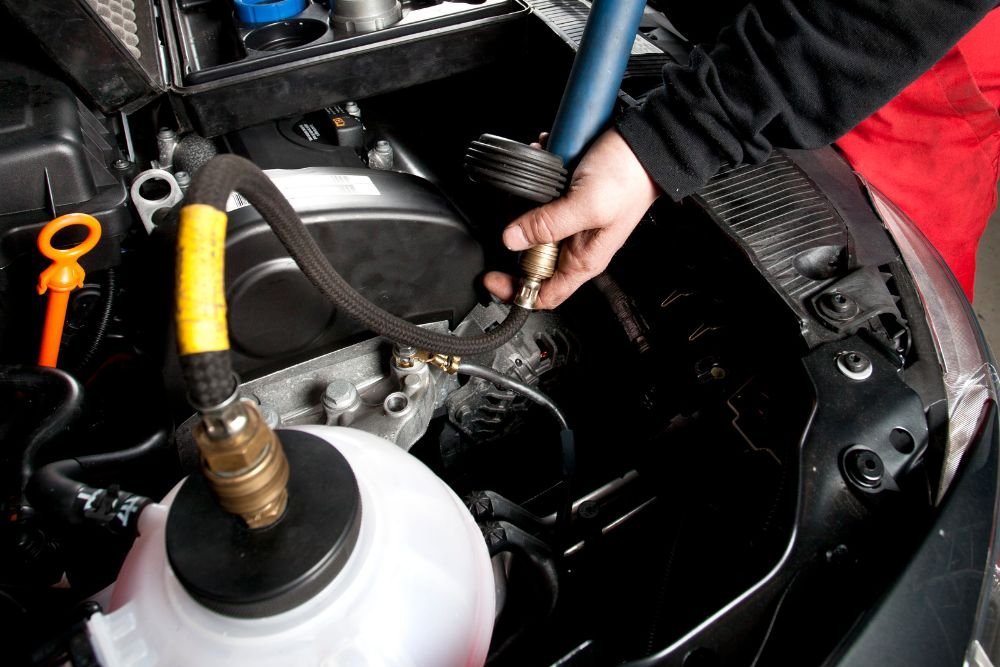How to Keep Your Cooling System Running Smoothly
When it comes to your car, the cooling system plays a vital role in keeping your engine from overheating. Without a well-maintained cooling system, you could find yourself stranded on the highway with an engine that’s too hot to handle. Fortunately, there are several things you can do to keep your cooling system running smoothly and prevent it from failing. Let’s take a look at some of them.
Check Your Radiator Fluid
First, you should ensure that your radiator fluid is full and at the appropriate level. If the fluid is low, top it off with antifreeze or coolant until it reaches the recommended levels. It’s also important to check the condition of your radiator fluid; if it appears cloudy or discolored, it might be time for a flush and fill.
Replace Old Parts
If any parts in your cooling system are worn or damaged, they need to be replaced as soon as possible. This includes hoses, clamps, thermostats, water pumps, fans, and radiators. A professional auto repair shop can help you diagnose any potential problems with these parts and recommend replacements if necessary.
Keep Things Clean
Finally, make sure that all of the components of your cooling system are clean and free from debris, such as leaves or dirt, that can block airflow or impede water flow through the hoses and pipes. Regularly inspect all of these components for signs of leakage or wear and tear so that you can catch any potential issues before they become major problems down the line.Taking care of your car’s cooling system doesn’t have to be complicated—just stay on top of regular maintenance, like checking fluids and replacing worn parts when necessary. That way, you can ensure that your car remains cool even in extreme temperatures! Also, if anything goes wrong with your cooling system, don't hesitate to contact a professional auto repair service as soon as possible so they can fix any issues before they become major problems down the line.

